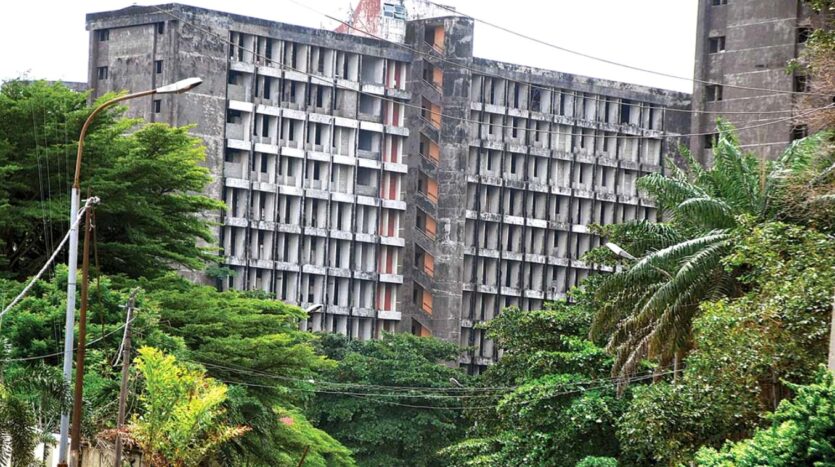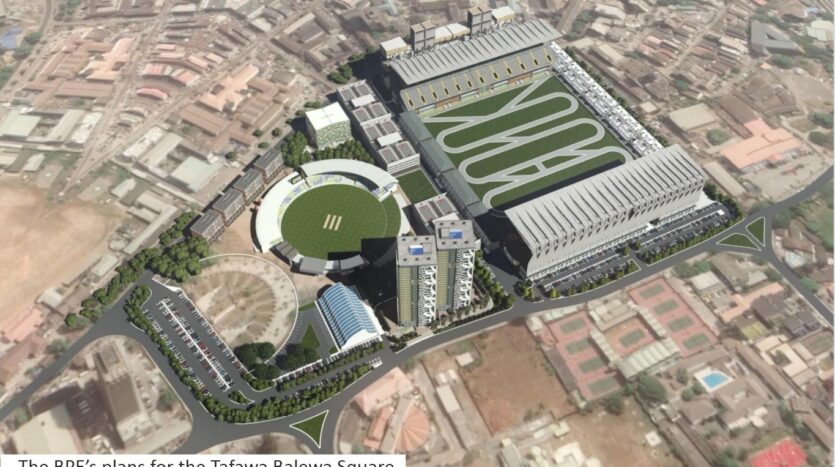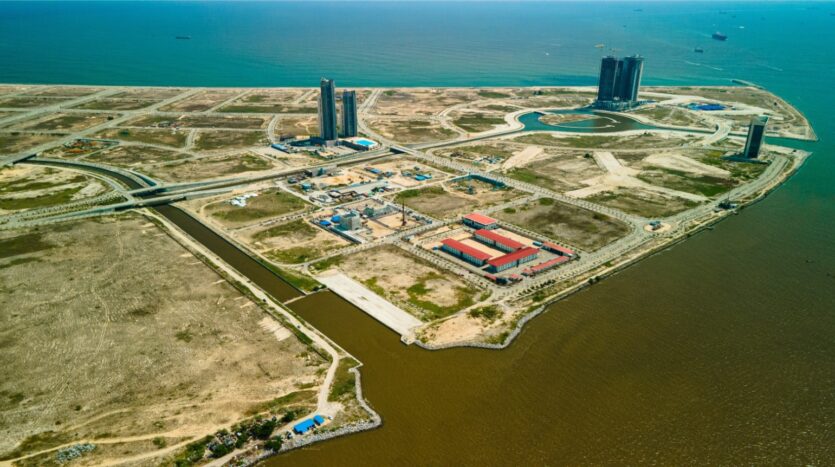How the Lagos State Government under President-Elect Bola Tinubu Wrested Control of Land in its Jurisdiction from the Federal Government
During his tenure (1999 – 2007) as Lagos State Governor, Asiwaju Bola Tinubu filed many court cases against the Federal Government to control state resources. One of the most important of the cases filed asked the court to determine who had the power to control Urban and Regional Planning (Building Approval) in a state. That may sound innocuous, but the authority with that power basically controls the use of the land …
In Attorney-general Of Lagos State v. The Attorney-general of the Federation (2003) – SC2003) 12 NWLR (Pt. 833); (2003) LPELR – SC.353/200, a case which went all the way to the Supreme Court in 2003, the then Attorney General of Lagos State, Professor Yemi Osinbajo SAN and now Vice-President, asked the court to determine five issues:
- Whether Urban and Regional Planning (or Town Planning), as well as the Regulation of Physical Development, are legislative matters.
- If an affirmative answer is given to issue 1, whether Urban and Regional Planning (or Town Planning), as well as the Regulation of Physical Development in relation to any land in Lagos State, are within the legislative and executive jurisdiction of the Federal Government.
- Whether Urban and Regional Planning Decree No.88 of 1992 is not inconsistent with the provisions of section 4 of the 1999 Constitution, therefore unlawful, null and void.
- Whether the ownership rights of the federal government over land in state territories include the power to control and regulate town planning and physical development in relation to such land.
- Whether all approvals, permits and licences granted by the 1st defendant or any of the agencies of the Federal Government for any construction, building or physical development or use of land in Lagos State without the consent of the plaintiff are not illegal, null and void.
The Supreme Court, made up of seven Justices, including the then Chief Justice Mohammed Lawal Uwais, gave judgement in favour of Lagos State. In his judgement, Hon Justice Samson UWAIFO, J.S.C, said: “No argument can defeat or reduce from the general planning legislative power of the House of Assembly of a State, which is a residual constitutional power. It gives the States the exclusive function for the planning, layout and development of their respective areas. Any Act, be it the Federal Highways Act, the Civil Aviation Act, or the Nigerian Railway Corporation Act, which tends or is implemented in a way to tend, to undermine or take away this function of any State or allows the Federal Government to exercise or assume such function unconstitutional and in appropriate circumstances will be declared so.”
Clarifying the issue between ownership of land by the Federal Government within a state and the power to determine how that land is to be used, the learned Justice of the Supreme Court said, “Ownership of land in any State by the Federal Government is primarily limited to the question of title and the right to possession and use of it. It gives the (Federal) Government the right to use it for its purposes. Like any other individual landowner, though obviously with a more awesome presence, the Federal Government must respect the planning laws and regulations of the State or at least act in consultation with the appropriate authorities or agencies with a view to achieving mutual accommodation for the project intended. It must not act in competition with or unwholesome subjugation of the State by superimposing its own planning regulations by whatever method. There is no reason why the Federal Government should not respect and abide by those laws. After all, the State provides the necessary infrastructures in line with its development plans. Those plans cannot be altered, distorted or superimposed by any other authority on the ground that it is making use of the land which belongs to it in a State. The argument that the Land Use Act allows the Federal Government to impose its planning measures over such land is completely flawed by Nwabueze in his book, Federalism in Nigeria under the Presidential Constitution, [Sweet & Maxwell (London)] 1983 edn, page 170, where the learned author says inter alia: “To begin with, the title, Land Use Act, is a complete misnomer, as the Act has absolutely nothing to do with the use of land or its preservation …. It does not regulate town and country planning or the use of land for Agriculture … There is a vast mass of existing laws …. relating to town and country planning, etc. Town and country planning, for example, occupies some 124 printed pages in the 1973 edition of the Laws of Lagos State, not to mention other laws on the subject, such as those regulating building lines or the laying out of the land into private housing estates……… Since the subject matter of these laws is not covered by the Land Use Act, they must be deemed exclusively state laws and subject to state governments’ executive authority. As residual matters, legislation with respect to them remains the exclusive responsibility of the State Houses of Assembly.” I unreservedly agree with these views of the learned author so expressed with much clarity.”
The power of this judgement was utilised over and over by subsequent Lagos State Governors to control Federal Government encroachment over land in their jurisdiction.








